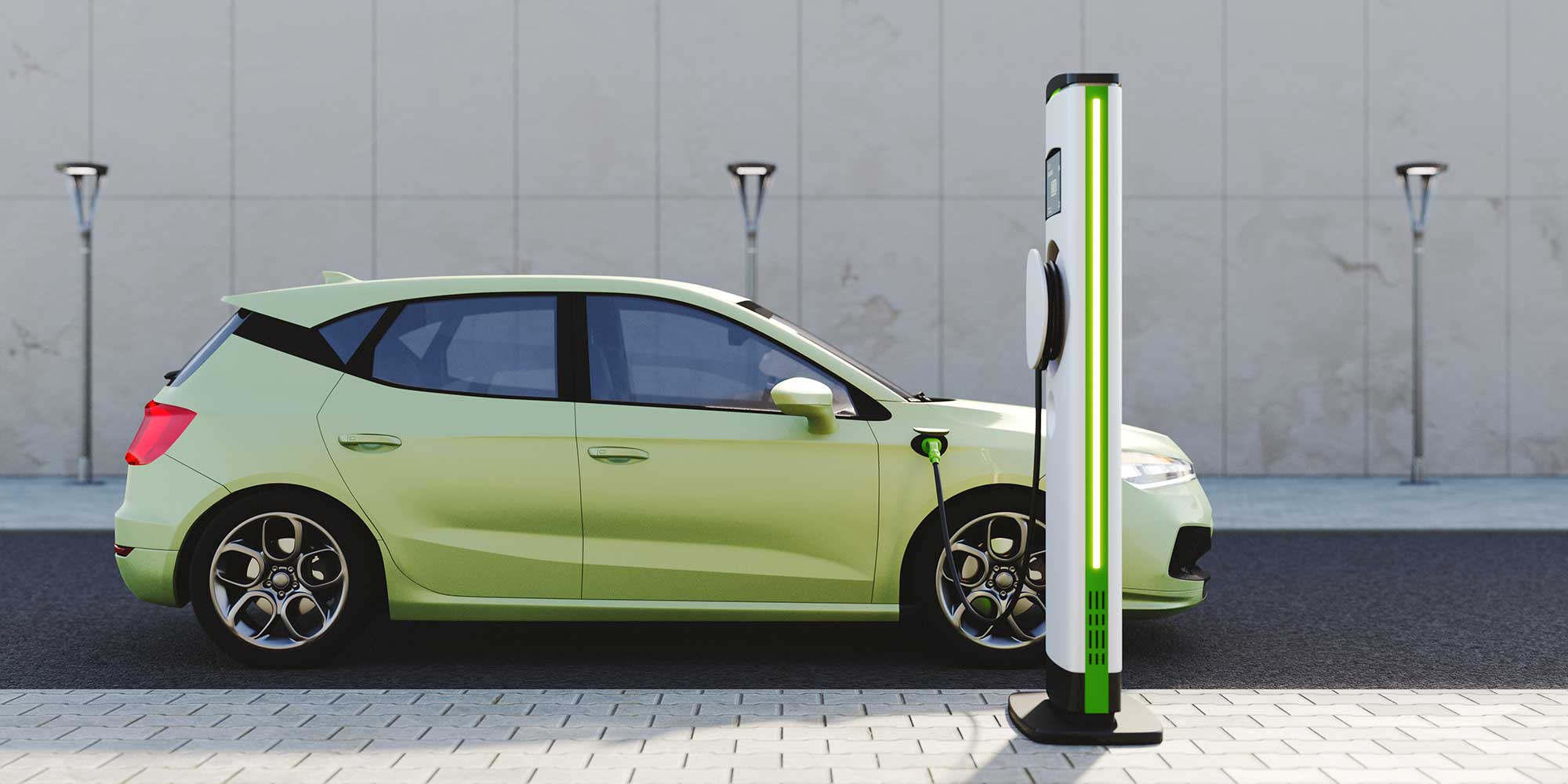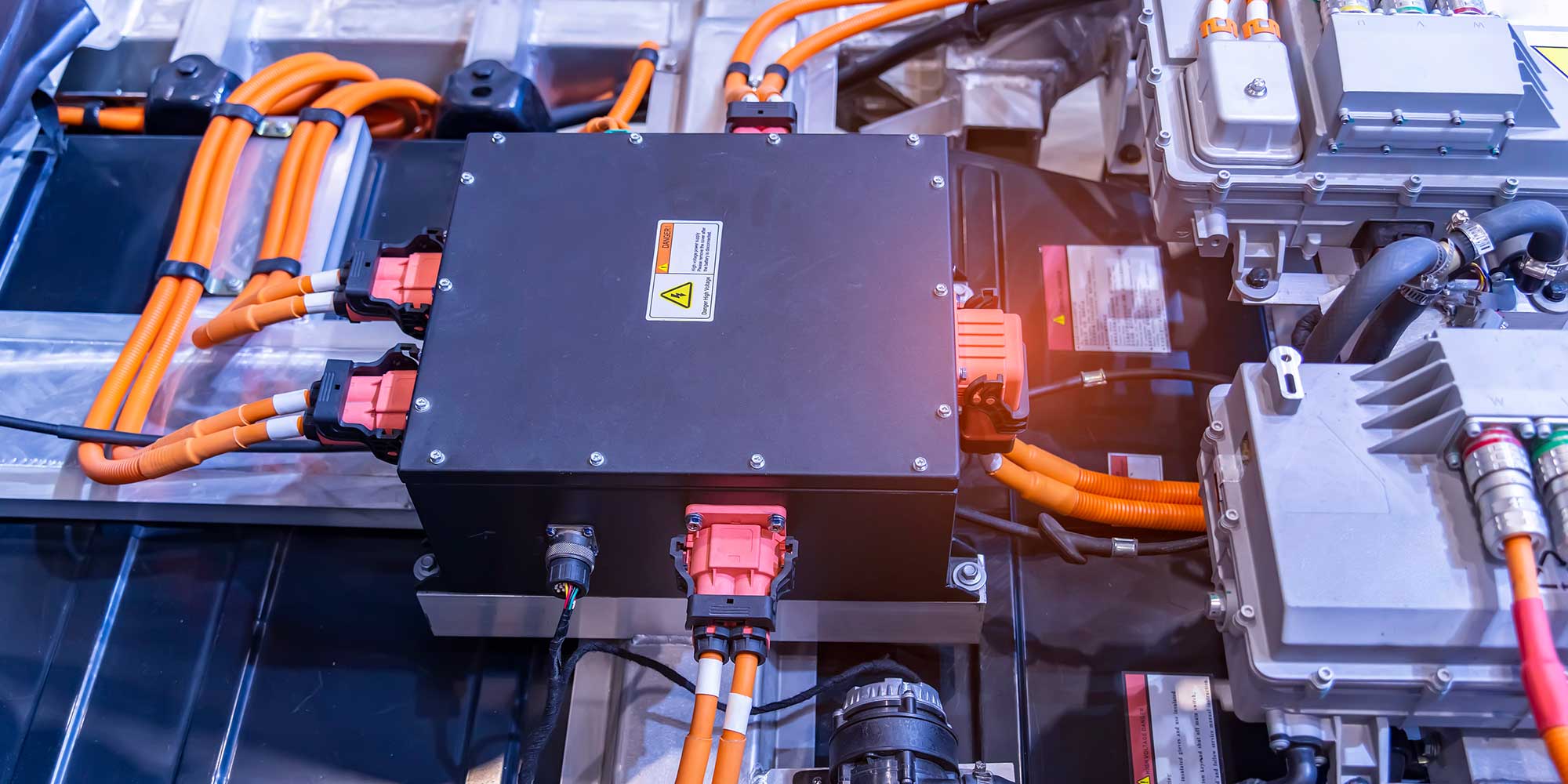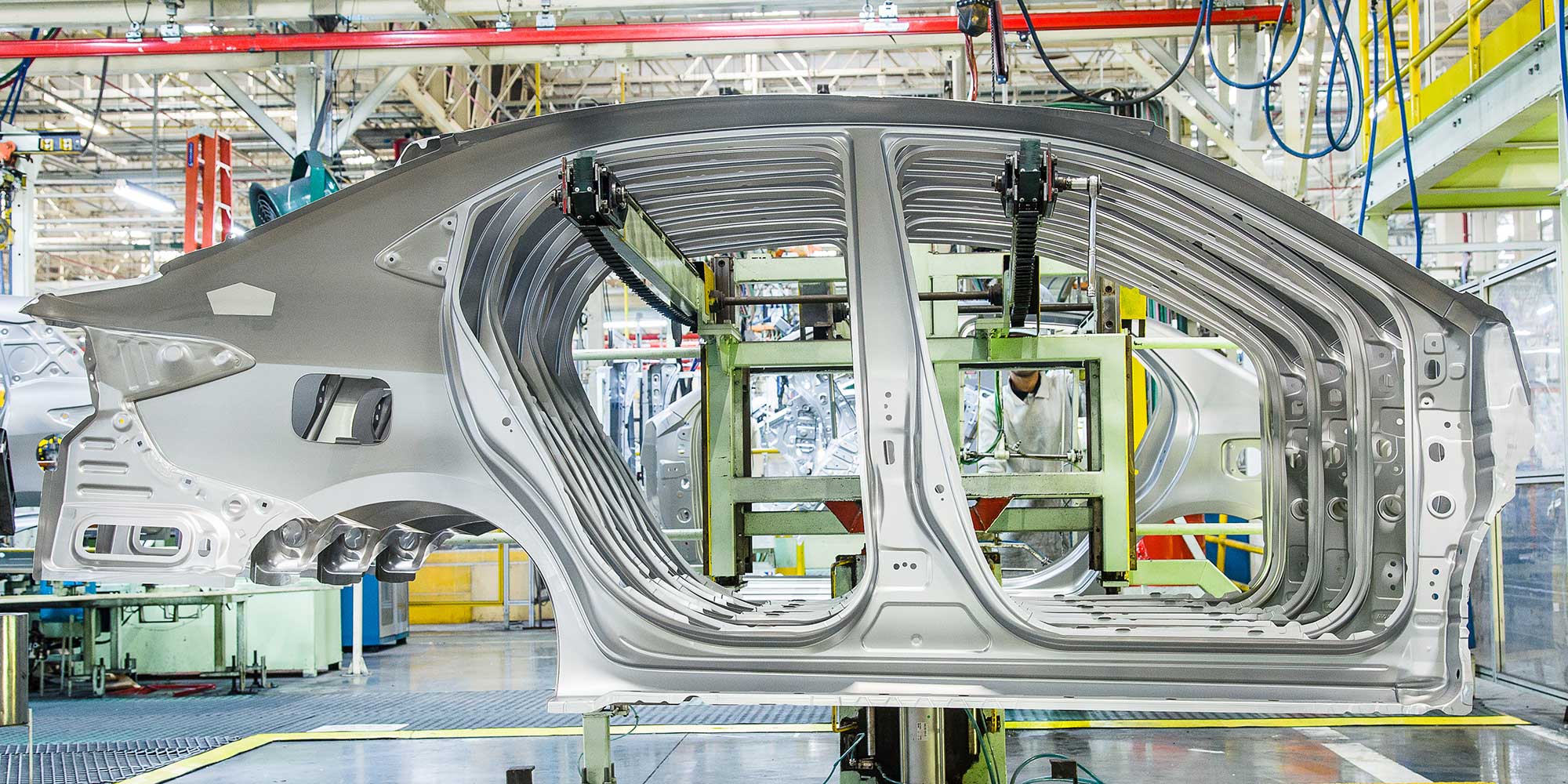
New electric car grant: everything you need to know

A new grant for electric cars has been announced by the UK government. It applies to electric cars with a list price of under £37,000 and is a measure that, the government claims, will encourage more drivers to switch to EVs.
However, to be eligible for the grant, EVs (and their manufacturers) must meet a strict set of criteria, as set out by the government.
Read on to find out what we know so far about the grants, what it means if you’re thinking about buying an electric car and why now might not be a great time to buy.

What exactly is the EV grant?
The new grant for electric cars was introduced on 16 July 2025 and gives a discount of up to £3,750 for some new EVs.
The grant amount is linked to sustainability criteria set by the Department for Transport (DfT). Depending on their sustainability, eligible cars will get a discount of either £3,750 or £1,500.
Best electric cars for 2025: view the models that scored highly in our lab tests
Which EVs are eligible?
To be eligible for the grant, EV manufacturers must hold a valid Science Based Target (SBT), as verified by the Science Based Targets initiative (SBTi) – we’ll explain more about this in a moment.
In addition, individual EVs must meet specific criteria, including:
- List price of less than £37,000
- New car with no previous owner (not pre-registered)
- Various technical standards, including a range of at least 100 miles
- Minimum 3-year/60,000-mile warranty (8-year/100,000-mile for the battery)
This list price is based on the cheapest version of a battery/motor combination and doesn't include optional extras, such as safety or winter packs.
EVs that cost more than £37,000 will be eligible if a model with the same battery/motor combination, but a different trim level, costs less than £37,000.

What are Science Based Targets?
The sustainability grant requires manufacturers to have committed to a verified SBT to reduce their emissions or to have committed to achieving net-zero emissions.
SBTs are issued by the Science Based Targets initiative, an independent body that assesses corporate sustainability plans, in line with the UK’s international climate commitments.
Manufacturers that don’t have an SBT aren’t eligible for the scheme, while companies owned 50/50 (such as Smart, which is owned by Geely and Mercedes-Benz) must both have SBTs. For joint ventures, only majority owners need an SBT.
The grant also factors in the country where the car was manufactured, with this forming 30% of the overall ‘environmental score’ a car receives. The remaining 70% accounts for where the car’s main battery is produced. These figures are taken from studies commissioned by the DfT and use carbon emissions factors for 2022.
Manufacturers also need to warrant their vehicles for 3 years/60,000 miles (every brand in the UK apart from Jeep does this), and their car’s battery and EV drivetrain for 8 years/100,000 miles (all manufacturers apart from Nissan do this). Manufacturers should also offer the option to extend the battery warranty by at least two years.
The criteria also state that batteries must maintain at least 80% of their charge for the first three years of the car’s life and 70% for the first eight years/100,000 miles.

How long is the grant available?
The government has set aside a total of £650m to fund the scheme.
The grant will be available until 31 March 2029 (the end of the 2028/29 financial year) or until funding for the scheme is used up. The government has said the scheme could be amended without notice.
Should you buy an electric car? Read our jargon-free guide to find out
When will eligible EVs be discounted?
We asked the DfT to comment on how long it will take for discounted EVs to become available.
Although it couldn't give us a specific date, the DfT told us that it will act as fast as possible to approve applications once they’ve been submitted by manufacturers.
Once the applications are approved, car buyers can take advantage of the grant, which is deducted from the cost of the vehicle by the dealership once the car is sold.

Do I need to apply for the grant?
Customers don’t need to apply for the grant – it’s down to dealers and manufacturers to receive approval for the grant. Once the customer orders a new car, the dealer and manufacturer will handle receiving the grant from the government.
Does the grant apply to PCP finance deals?
We expect that once eligible car manufacturers realign their EV pricing, they will recalculate the finance rates offered on their cars.
For more on PCP, HP and leasing, see our expert guide to car finance.
Best cash and finance deals: see the new cars with the biggest discounts
How has the car industry reacted?
Unsurprisingly, manufacturers that are likely to be eligible for the grant, along with industry body the Society of Motor Manufacturers (SMMT), have reacted positively.
The SMMT said: 'This announcement is a welcome response to consistent calls from the industry for more support, which will be in addition to the substantive subsidies already provided by manufacturers.'
However, Chinese brands are unlikely to be eligible for the grant. Of those we contacted, only Omoda and Jaecoo (both owned by Chinese manufacturer Chery International) responded, telling us they’re not in a position to comment at present.

Should I buy a new EV right now?
If you’re thinking of buying a new electric car, now isn't a great time, as it will take time for the discounted EVs to be available.
We recommend holding off until manufacturers start to advertise their eligible and discounted EVs. Quite when that will be is unclear, at present.
It’s also likely that manufacturers will adjust the pricing of cars that just exceed the £37,000 limit to undercut the target (the entry-level Renault Scenic E-Tech has a list price of £37,195, for example), but with the median price of EVs currently sitting at £52,765, according to our pricing data, that's a stretch for many models.
Drive smarter and cut costs using our expert advice. Get our Cars newsletter – it's free monthly



